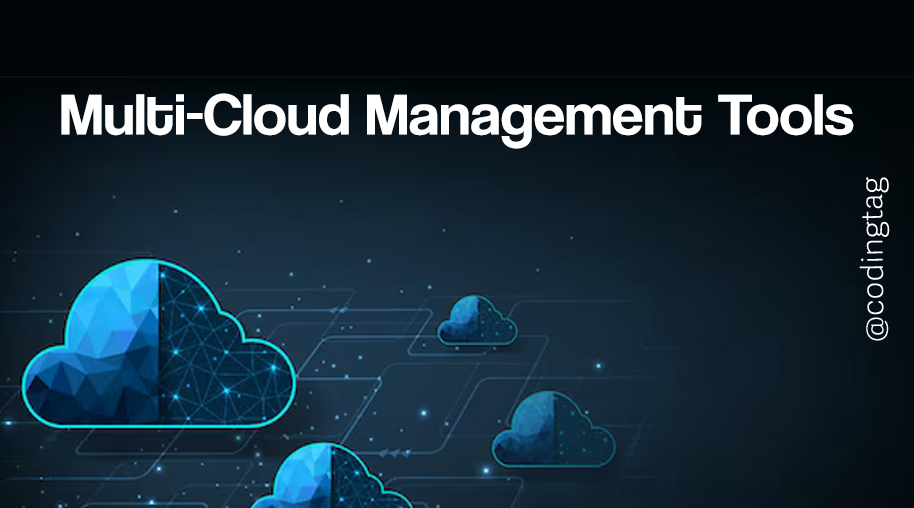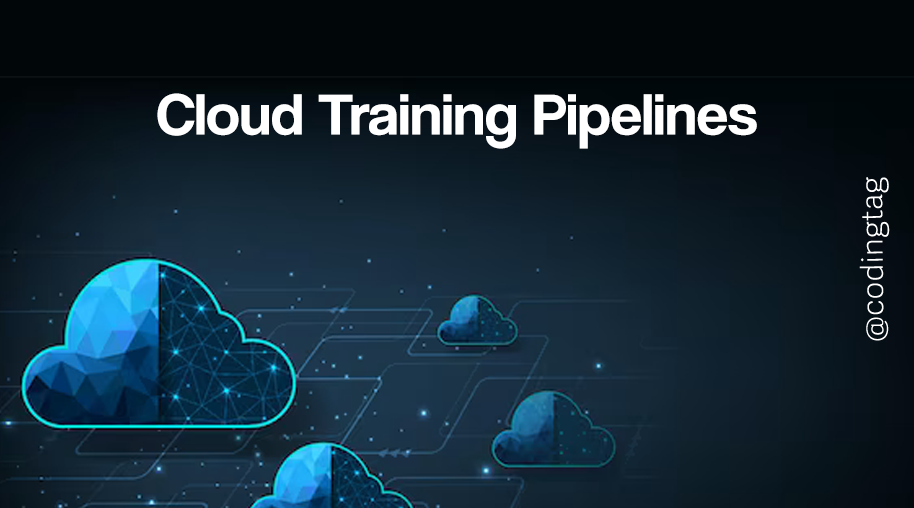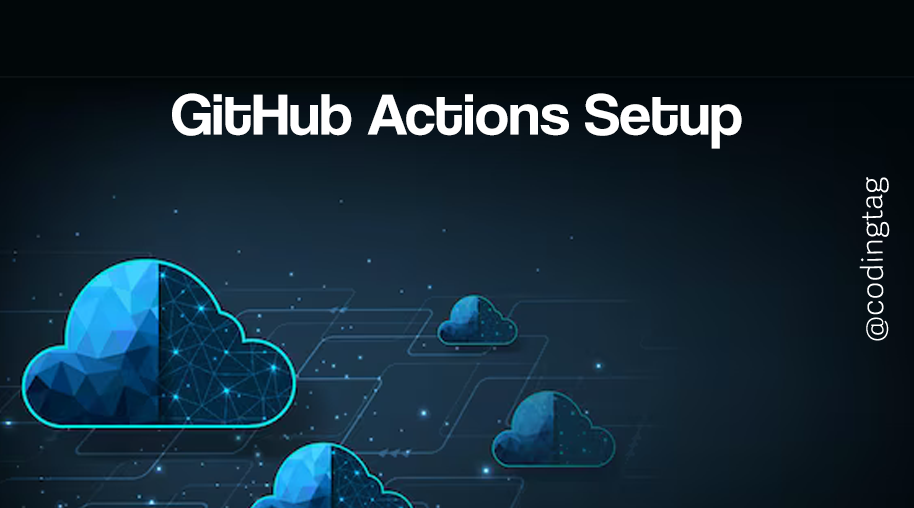Monitoring Across Clouds
0 563
Monitoring Across Clouds
In today’s multi-cloud world, businesses often deploy applications across AWS, Azure, GCP, and private cloud platforms. While this approach offers flexibility and high availability, it brings a major challenge — unified monitoring. In this content, we’ll explore the key elements, tools, and best practices for monitoring across clouds.Why Unified Cloud Monitoring Is Critical
Without centralized monitoring, teams can miss key signals like latency spikes, errors, or outages. Cloud-native tools like CloudWatch, Azure Monitor, and GCP’s Operations Suite work great in isolation, but fail to give a full-stack, multi-platform view. This makes troubleshooting slow and often reactive.Common Monitoring Challenges in Multi-Cloud
- Disparate logging formats and storage backends
- Tool sprawl and overlapping functionalities
- High cost of duplicate monitoring agents
- Lack of standardized dashboards or alerting rules
Key Metrics to Monitor
Regardless of the cloud provider, some core metrics should always be tracked:- Infrastructure: CPU, memory, disk I/O, and network throughput
- Application: request count, error rate, response time
- Security: failed logins, unusual access patterns
- Availability: uptime, latency, SLAs
Tools for Multi-Cloud Monitoring
Here are some popular tools that help unify monitoring across different cloud environments:- Datadog: Cloud-native monitoring platform with over 500 integrations.
- Prometheus + Grafana: Open-source stack ideal for containerized environments.
- New Relic: Full-stack observability across infra, apps, and logs.
- Elastic Stack: Centralizes logs, metrics, and traces for all cloud services.
Code Example: Exporting Metrics to Prometheus
# Python app using Prometheus client
from prometheus_client import start_http_server, Summary
import random
import time
REQUEST_TIME = Summary('request_processing_seconds', 'Time spent processing request')
@REQUEST_TIME.time()
def process_request():
time.sleep(random.random())
if __name__ == '__main__':
start_http_server(8000)
while True:
process_request()
Centralized Log Aggregation
Logs from all cloud platforms should flow into a central system for indexing and search. Use Fluentd or Logstash to stream logs into Elasticsearch or a managed solution like Datadog Logs or GCP Logging.# Fluentd config to forward logs to Elasticsearch <match **> @type elasticsearch host es-host.example.com port 9200 logstash_format true </match>
Standardize Alerts Across Platforms
Avoid setting up alerts in silos. Instead, define baseline alerts across your clouds using one system. For example, create high CPU or memory alerts in Datadog or Prometheus that monitor instances from AWS, Azure, and GCP.# Prometheus alert rule
- alert: HighCPUUsage
expr: avg by(instance) (rate(node_cpu_seconds_total{mode="user"}[1m])) > 0.85
for: 2m
labels:
severity: warning
annotations:
description: "Instance {{ $labels.instance }} has high CPU usage."
Dashboards: One Pane of Glass
Dashboards provide quick insight into system health. Use tools like Grafana or Datadog Dashboards to pull metrics from AWS CloudWatch, Azure Monitor, and other sources into a unified interface.Best Practices for Monitoring Across Clouds
- Use open standards like OpenTelemetry for telemetry data collection
- Keep monitoring agents lightweight and consistent
- Set alerts with actionable thresholds
- Review dashboards regularly with cross-functional teams
Conclusion
Monitoring across clouds is no longer optional. As organizations embrace multi-cloud strategies, unified observability becomes crucial for availability, performance, and cost optimization. Adopt cloud-agnostic tools, standardize metrics and logging, and automate alerting to stay on top of your distributed infrastructure.If you’re passionate about building a successful blogging website, check out this helpful guide at Coding Tag – How to Start a Successful Blog. It offers practical steps and expert tips to kickstart your blogging journey!
For dedicated UPSC exam preparation, we highly recommend visiting www.iasmania.com. It offers well-structured resources, current affairs, and subject-wise notes tailored specifically for aspirants. Start your journey today!

Share:







Comments
Waiting for your comments